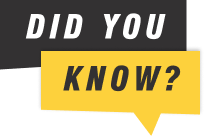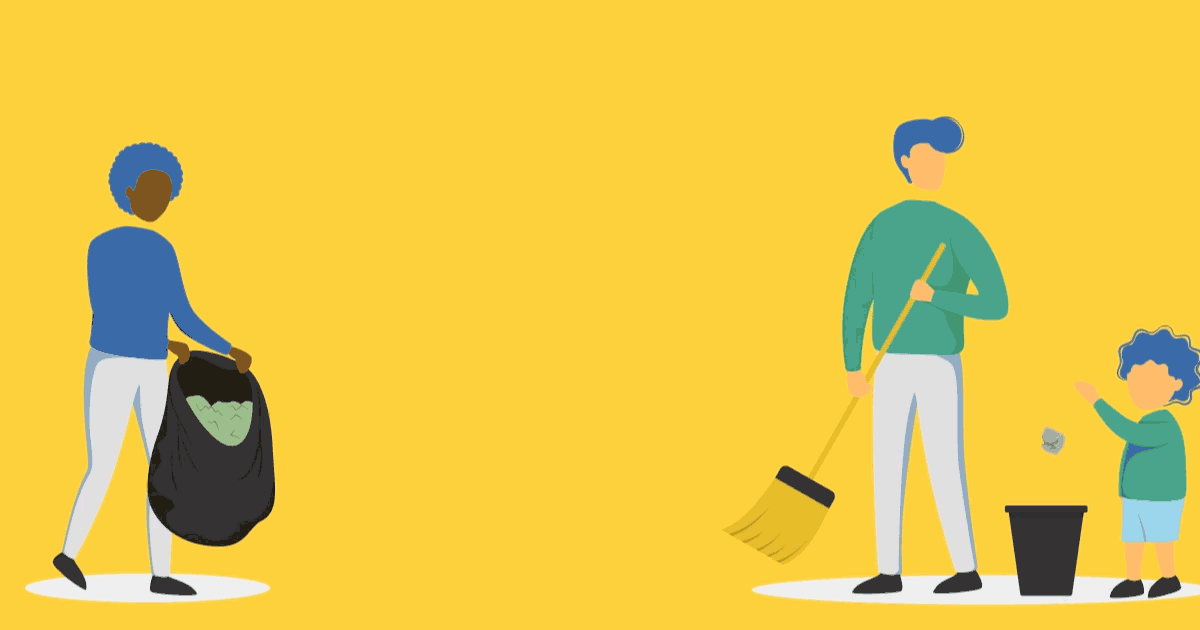Today, we’re cleaning up our home base of downtown Vancouver! From 10am to 4pm today, we’re working our way through David Lam Park and the surrounding Yaletown neighbourhood (including our world-renowned Seawall!) to pick up trash and recycling.
All Trainerize team members are entitled to two paid volunteer days each year—and this clean-up day is one way team members can use their volunteer time! Our ECO task force hopes this event is a humbling reminder of just how much waste we all produce—and we want to inspire our team, our community, and our customers to build sustainable habits in our everyday lives. Plus, make our beautiful city more enjoyable for our community.
 Globally, we generate 2.01 billion tonnes of municipal solid waste on an annual basis, according to the World Bank. At least 33% of that is not managed in an environmentally safe manner—and plenty ends up on the streets, in our parks, and in the ocean. Plus, lots of the waste we create on a global scale could be recycled, reused, or composted.
Globally, we generate 2.01 billion tonnes of municipal solid waste on an annual basis, according to the World Bank. At least 33% of that is not managed in an environmentally safe manner—and plenty ends up on the streets, in our parks, and in the ocean. Plus, lots of the waste we create on a global scale could be recycled, reused, or composted.
As a company we want to lead by example, give back to our community and bring awareness to how we can reduce litter and trash by making sustainable choices! To help you with your own efforts to be green, here are five ways you can reduce your own waste. 👇🏻👇🏽👇🏿
Four actionable ways to reduce waste:
Wants and needs are two different things. When you go to purchase, consider what purpose the item will serve. If it’s multi-functional, beautiful, and will last you years, then maybe a purchase is okay! But if it’s an impulse purchase, or purely ornamental, then think again.
Consider what you can repair, rather than replace. Consider what you can borrow, too! Think lending things to friends and getting books from the library. For gifts, try to give consumables and experiences—a bottle of wine (that can be re-used or recycled!), a gift card for a restaurant, or a trip to a museum.
Not only does less stuff mean less items in landfills and less packaging being produced, it also means less carbon emission from production.
During the pandemic, this one has been a bit tougher—but many coffee shops and restaurants are once again accepting customer cups and containers! When possible, try to eat in rather than take out dinner—and if you need to take out, ask if they will use your container! You can also ask for no bag, no utensils, and no extras—those soy sauce packets, for example, create waste. Use the sauces you have at home.
For coffee shops, bring your own mug—and always use your own water bottle. Although beverage bottles can be recycled, it’s better to reduce first—recycle second.
And at home—think twice before using paper towels, Lysol wipes, and napkins. Wouldn’t a rag do? Same goes for plastic wrap, bags, and tin foil.
In Vancouver, we’re fortunate to have curb-side recycling and composting services. If you don’t, then this one can be tougher!
Look for bottle drives where you can donate refundable cans and bottles to organizations to ensure they get recycled. Try to re-use containers when possible too—yogurt containers are great for leftovers, for example, and single-use plastic bottles can play double duty as ice packs for picnics. Always rinse your bottles and remove labels!
For composting, if you have the space, consider an at-home composting station to fuel your garden and flowerbeds! If you’re in the city and have curb-side options but hate the smell—try keeping your compost in the freezer until you’re ready to take it to the curb.
One human’s trash is another human’s treasure! When you’re done with an item, try to find a new home for it on Craigslist, Facebook Marketplace, or local Buy/Sell/Trade communities. Similarly, if you’re looking for a new item, try to buy used! Not only will you save on price, but you’ll also reduce trash, reduce packaging, and skip paying tax.
When possible, you can also prioritize waste-free purchases—things like farmer’s market produce (not in plastic and styrofoam), bulk grocery items (rather than pre-packaged), and use your own shopping bags.
Let’s do this! ✅
A more sustainable future is possible if we all follow these steps! Today is an amazing opportunity to get our team together and make a difference for our community—and this is just the start.





